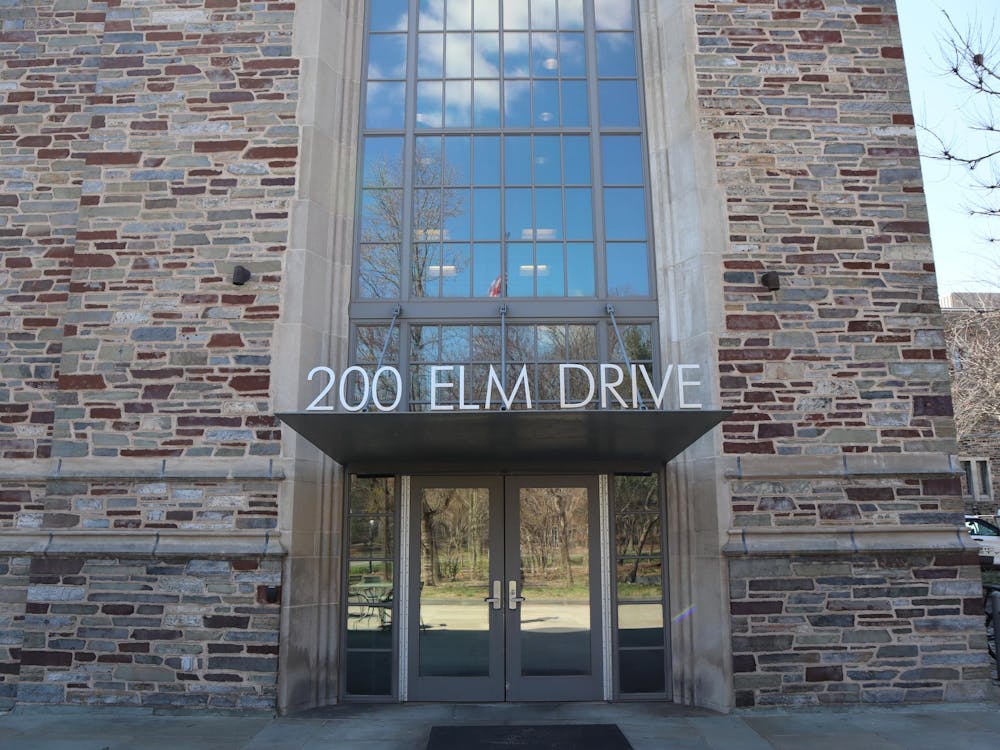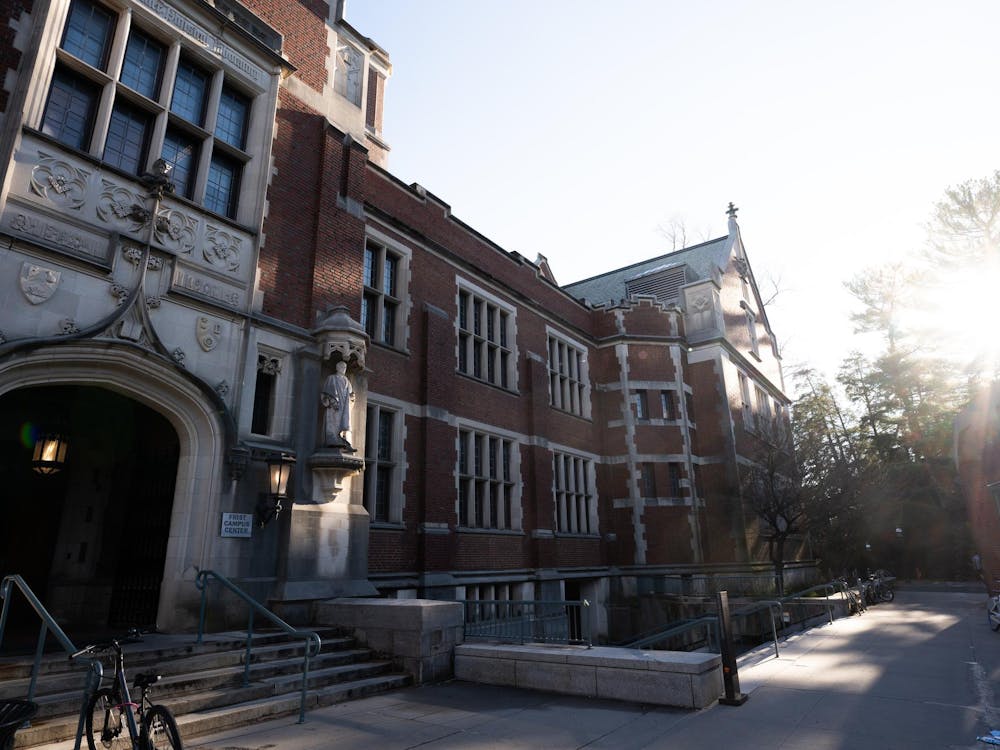The Undergraduate Honor Committee has made an amendment to its constitution to allow it to be more accessible to students,Honor Committee chair Dallas Nan ’16 said.
The amendment was approved on Oct. 25 by theUndergraduate Student Government senate. Nan, who is also a U-Councilor, noted that the revisions do not involve any substantive changes in the constitution’s contents.
“There are no substantive changes to the Honor Constitution at all,” Nan said. “The revamping of the document needed to happen in order to structure things more logically, and to delete repetition and things that were out of date. It’s just to make it easier for people to parse through the text.”
Honor Committee member Carolyn Liziewski ’18 also said that the goal of the reconstruction was to make the Honor Code more comfortable to read, and there is no new content added. She explained that the committee wanted to ensure that incoming freshmen have clear knowledge about their responsibilities, what they can do and what they cannot do.
Liziewski serves on the Editorial Board of The Daily Princetonian.
Nan also said that for those students who might have to face the Committee for an infraction, the redrafted document makes many of the processes clearer and easier to understand.
Nan said that the conversation started over a year ago with several referendums that went through the senate.
“The USG did a report on extended student leave, which was a combination of narratives from students on extended leave from the University, either of their own accord or because they were sent home,” he said, adding that some of the students who were suspended talked to the USG about their experiences and made the USG want to move the Honor Committee forward in a more progressive way.
USG president Ella Cheng ’16 said that the committee has done a great job of laying out the changes and ensuring that there were no substantive edits.
“There was very little debate over it in the senate — it was a nearly unanimous decision to pass the change,” she said.
However, she said she is doubtful whether the student body will be able to appreciate the edits, because of all the mythology that shrouds the committee.
“I think the future classes of 2020 onwards, who will not come in with any presentiments about the Committee, will really benefit from the change,” she said. “They’ll have a much easier time of reading the Honor Code before coming in.”

Cheng is a former staff writer of The Daily Princetonian.
Nan said that Senior Associate Dean of Undergraduate Students Victoria Jueds, liaison to the Honor Committee,helped with the rephrasing and legalities to ensure that the changes being made were only stylistic and not substantive.
Jueds did not respond to a request for comment.
Nan added that the committee also wanted to make itself a resource for students and not just a body that sends students home. He explained that in order to achieve that goal, the committee has launched a partnership with residential colleges, with two members of the committee as liaisons to each residential college.
“They will be in direct contact with students, answer their questions, go to study breaks and in general be the face of the Honor Committee to students,” he said.
The committee has also appointed a director of community outreach starting this academic year, according to Nan.
“It’s mostly being more careful about how we do training within the Honor Committee, how we do the academic integrity sessions at the beginning of the year and all-round being a better support system for students,” Matthew Silberman ’17, current director of community outreach in the Honor Committee,said. “It’s about transparency and stress reduction.”








